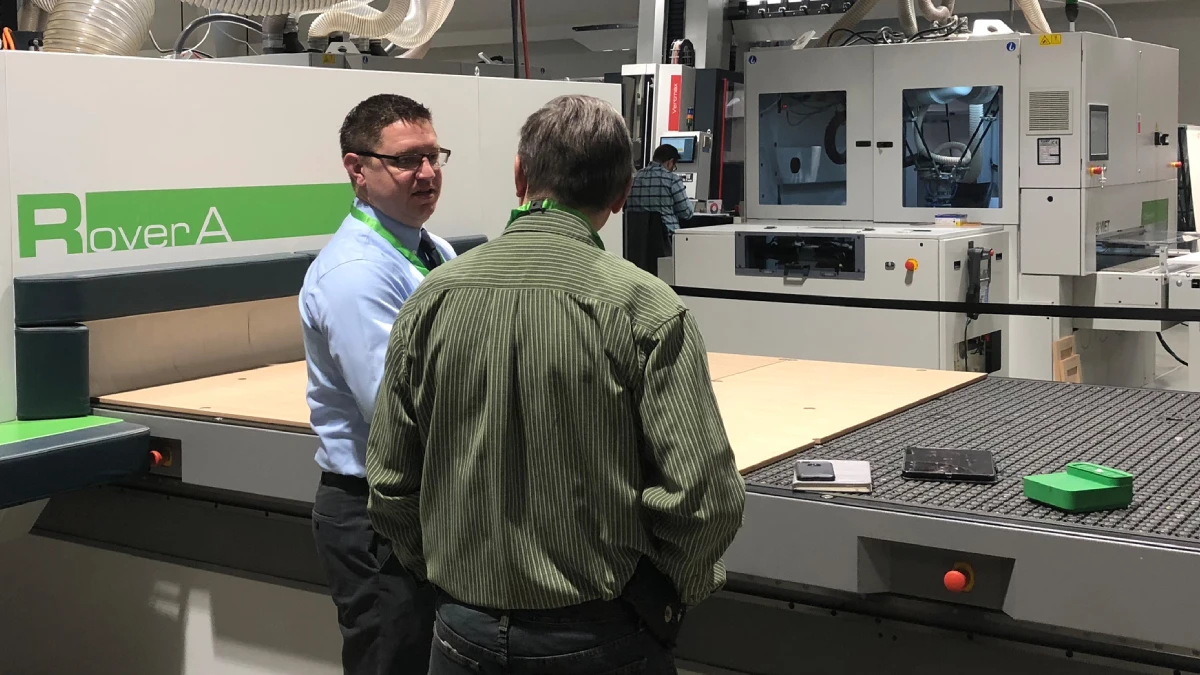CNC Machines
- Home
- Our Services

Arving Their Niche: Demystifying CNC Machines Financing in Canada & United States
In the ever-evolving landscape of Canadian manufacturing, precision reigns supreme. At the heart of this precision often lies a remarkable tool: the Computer Numerical Control (CNC) machine. From intricate aerospace components to delicate medical devices, CNC machines churn out an astounding array of products, shaping the industrial landscape. But acquiring such high-tech equipment can be a financial hurdle, where CNC Machines Financing steps in, offering a lifeline for ambitious businesses.
Understanding the Terrain:
CNC machines come in various shapes and sizes, each with its price tag. A basic mill might cost tens of thousands, while advanced multi-axis machining centers can soar into the hundreds of thousands. This significant investment necessitates exploring financing options, particularly for small and medium-sized enterprises (SMEs).
Financing Avenues:
The Canadian landscape offers several routes to navigate CNC machine acquisition:
- Loans: Traditional lenders like banks and credit unions provide loans with fixed interest rates and terms. While offering ownership at the end, they require strong creditworthiness and hefty down payments.
- Leases: Leasing companies offer diverse options like capital leases with ownership transfer at the end and operating leases for short-term needs or frequent upgrades. Leases typically require lower upfront costs but don’t lead to ownership.
- Vendor Financing: Many CNC machine manufacturers or distributors offer in-house financing plans, often customized to specific equipment and potentially bundled with additional services.
- Government Programs: Canadian government initiatives like the Canada & United States Small Business Financing Program (CSBFP) and Strategic Innovation Fund (SIF) offer loan guarantees and grants to support business investments, potentially including CNC machines.
Choosing the Right Path:
Deciding on the ideal financing solution requires careful consideration of several factors:
- Budget and Cash Flow: Assess your available capital and ability to manage regular payments. Loans demand larger upfront costs, while leases offer lower initial barriers but higher overall payments.
- Business Needs: Consider if ownership is crucial, or if flexibility for frequent upgrades is preferred. Leases offer an edge in this scenario.
- Creditworthiness: A strong credit history translates to better loan terms, while leases are often less stringent on credit scores.
- Equipment Type and Usage: Analyze the specific machine’s lifespan, depreciation rate, and anticipated usage patterns. This impacts lease choices and residual value considerations.
- Tax Implications: Consult with a financial advisor to understand potential tax benefits associated with different financing options.
Beyond the Numbers:
While financial aspects are crucial, remember the bigger picture:
- Impact on Production: Acquiring advanced CNC machines can boost productivity, efficiency, and product quality, potentially leading to increased revenue and competitiveness.
- Upskilling Workforce: Investing in the right equipment often necessitates employee training in CNC operation and programming, fostering a skilled workforce for future growth.
- Long-Term Vision: Consider how the chosen financing model aligns with your business’s long-term goals and expansion plans.
Navigating the CNC financing landscape in Canada & United States involves careful planning, financial analysis, and understanding your specific needs. By choosing the right solution, Canadian businesses can unlock the potential of these remarkable machines, shaping their future and carving their niche in the manufacturing industry.


